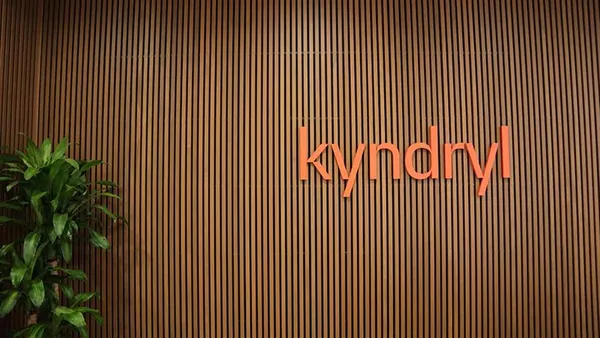Dive Brief:
- Governments should tax companies that use robots, using those funds for worker training programs in other employment areas, said Bill Gates, in a recent interview with Quartz.
- The Microsoft co-founder says a robot tax could help manage the job displacement expected from automation. "You cross the threshold of job replacement of certain activities all sort of at once," Gates said.
- The idea is that those individuals displaced from work by automation could be redirected or retrained to do jobs that are difficult to automate because they require a human touch, like providing care to the elderly or teaching. The "robot tax" could be used to fund that retraining. Because a human worker that performs a task is taxed, robots should be taxed as well, Gates reasons.
Dive Insight:
The suggestion is not without some precedent. According to Reuters, EU lawmakers recently considered a proposal to tax robot owners to pay for training for workers who lose their jobs, though the proposal was eventually rejected.
The robot tax would help balance out workplace displacement and could be a way of putting technology to work in a manner that empowers people and gives them a sense of accomplishment rather than just putting them in the employment line.
Either way, automation is coming, so the time to think about how to manage it is now. A recent Forrester report predicted automation supported by intelligent software agents will be on the rise in the next five years, accounting for the elimination of a net 6% of U.S. jobs.













